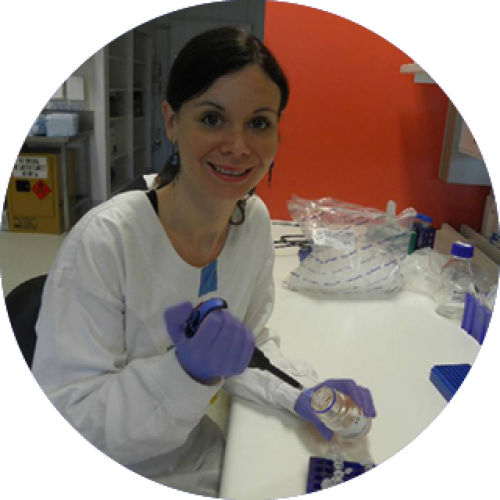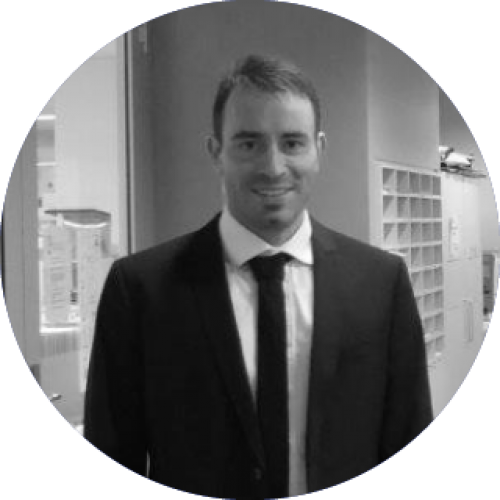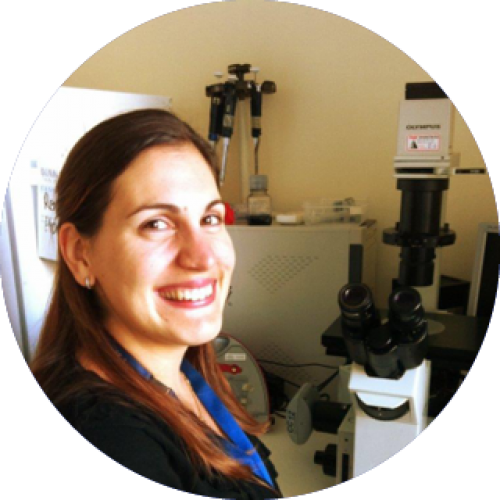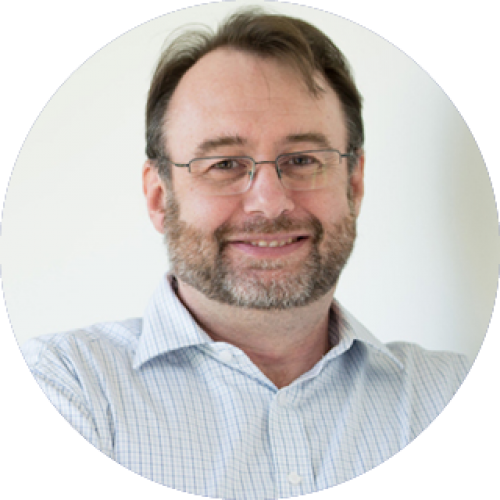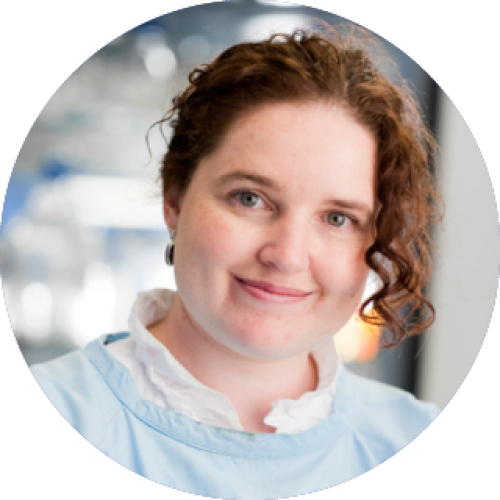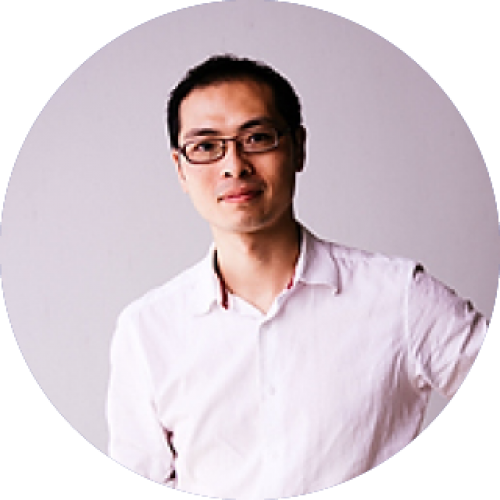
Acute Myeloid Leukaemia
 University of New South Wales
University of New South Wales
Right from the time he was still at high school, Dr Jason Wong was interested in computers and biology. He was especially inspired by the work of US researchers who in 2003 completed mapping of the human genome – the complete set of genetic information for humans.
“It really demonstrated to me that computers are becoming indispensable in so many aspects of our lives,” says Jason, who heads the Bioinformatics and Integrative Genomics group at the Lowy Cancer Research Centre at the University of New South Wales. “I realised also that with biology becoming more and more data-oriented, I could follow a career in bioinformatics.”
Bioinformatics, simply put, is the use of computers to analyse and interpret biological data to tackle medical problems – like the quest to find a cure for cancer – and that’s what Jason does.
Researchers have known for years that mutations that directly alter the function of proteins in the body are linked to cancer. In his cancer research supported by the Can Too Foundation, Jason hopes to show that mutations in non-coding parts of the human genome, which make up 98% of it and which are poorly understood, can lead to cancer and, specifically, to leukaemia.
“Ultimately through my research I hope to discover new targets for therapy and develop methods that will help researchers achieve this goal,” says Jason, who believes support from the Can Too Foundation is 'invaluable'. “Without this support, transiting from a post-doc to a group leader can be extremely difficult. It means a lot to my current research because it’s allowing me to really start establishing a research team and tackle larger-scale research problems in cancer.”
Jason, 33, received his BSc (Hons) at the University of Sydney in 2002, then went on to complete his PhD in bioanalytical chemistry at Oxford in 2007. This was followed by an Irish government fellowship at the Conway Institute of Biomolecular and Biomedical Research in Dublin before he returned to Sydney in 2008 to take up his current position.
Widely published, he currently leads a team of five PhD and two honours students. Their research involves “data mining” to examine huge databases and mass spectrometry, the separation of matter, for which Jason himself has developed a number of novel computational techniques.
Most of his time outside work is taken up looking after and playing with his two small children.

